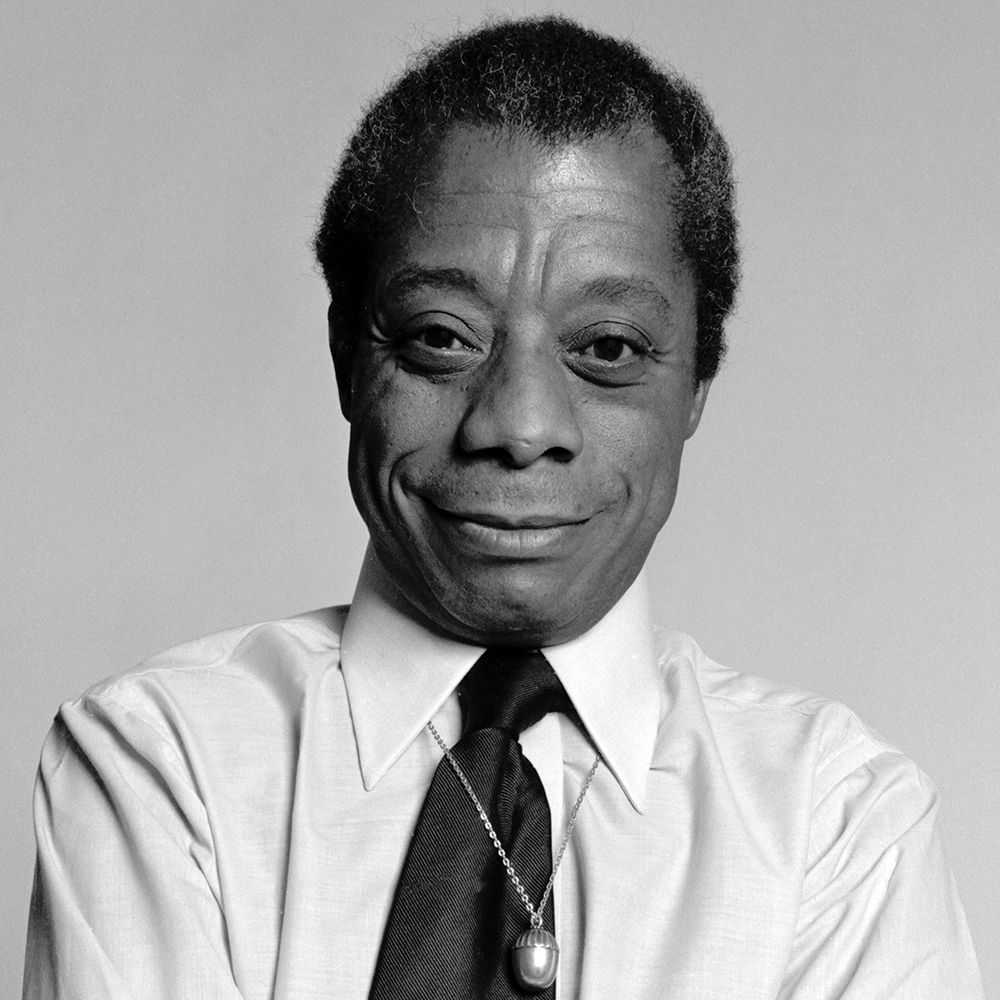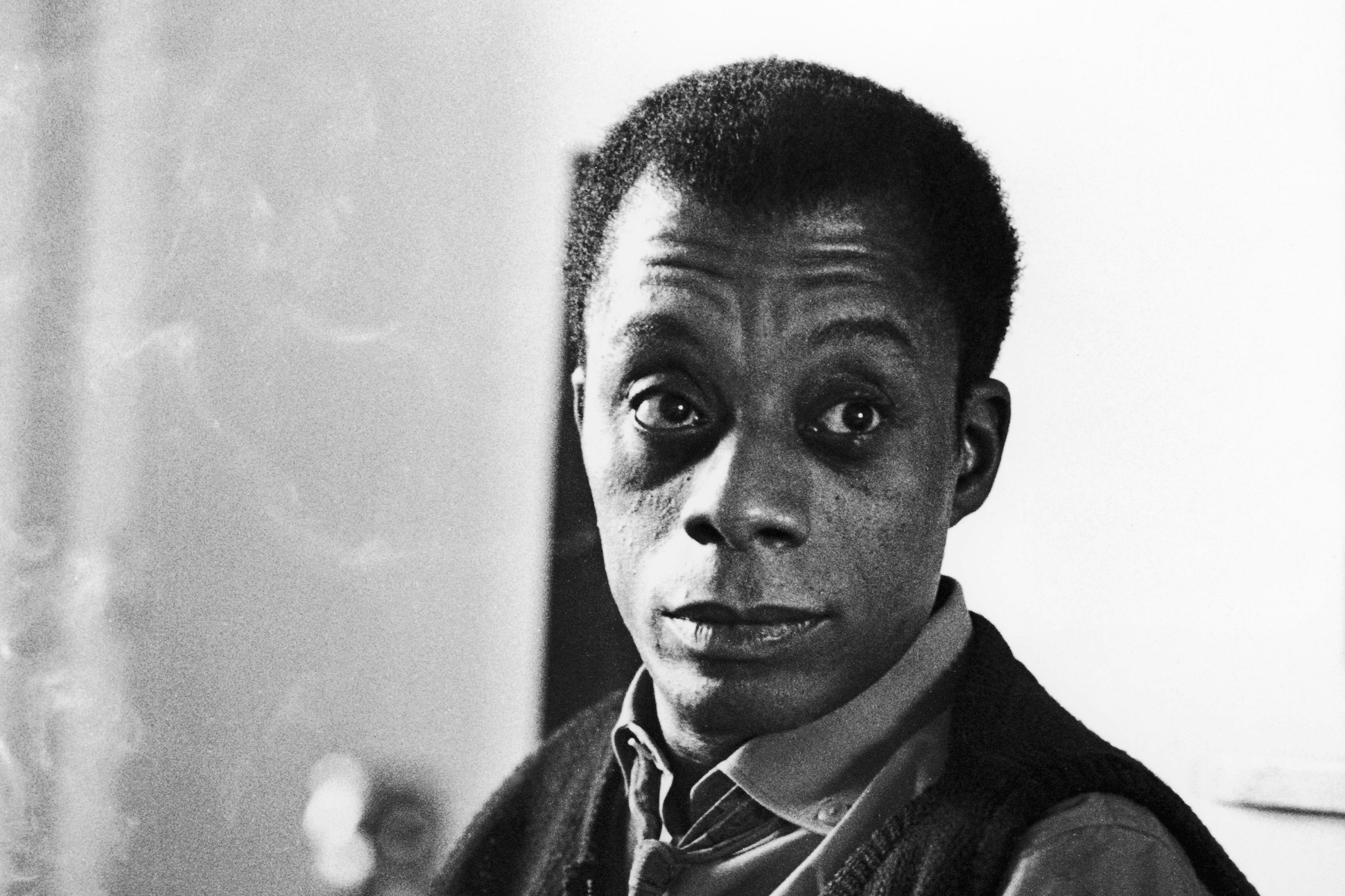James Baldwin, a name that echoes with profound thought and an unwavering commitment to fairness, stands as a truly significant figure in American letters. He was, as a matter of fact, a writer whose words shaped not just stories but also helped move a whole country forward. His essays, his plays, and his novels gave voice to feelings and experiences that were often ignored, bringing them into the light for everyone to consider.
This remarkable individual, born James Arthur Baldwin, originally Jones, poured his spirit into many different kinds of writing. He put out powerful essays like 'Notes of a Native Son' and 'The Fire Next Time', alongside deeply moving novels such as 'Go Tell It on the Mountain'. These works, you know, really dug into the complicated layers of being a person in America, especially when it came to things like race, identity, and who you loved.
Even now, many years after his time, Baldwin's insights remain incredibly sharp and, in a way, just as important as they were when he first wrote them. There's been a renewed interest in his ideas lately, with new biographies coming out and even dance performances inspired by his work, like one seen around the time of his centennial celebration. It shows, doesn't it, how much his thoughts continue to resonate with people.
Table of Contents
- Who Was James Baldwin?
- The Writer Who Changed Things
- What Did James Baldwin Fight For?
- Why Does James Baldwin Still Matter Today?
- How Have Others Seen James Baldwin?
- What Makes James Baldwin's Writing So Special?
Who Was James Baldwin?
A Look at the Life of James Baldwin
To really get a sense of James Baldwin, it helps to look at some basic facts about his time here. He was, you know, someone who saw a lot and thought deeply about it all. His life story is, in some respects, just as compelling as the stories he wrote.
| Detail | Information |
|---|---|
| Full Name | James Arthur Baldwin (né Jones) |
| Born | August 2, 1924 |
| Birthplace | New York City |
| Known For | Essayist, Playwright, Novelist, Social Critic, Voice of the American Civil Rights Movement |
| Notable Works | 'Notes of a Native Son', 'The Fire Next Time', 'Go Tell It on the Mountain', 'Evidence of Things Not Seen' |
The Early Days of James Baldwin
Born in New York City on August 2, 1924, James Baldwin began his life in a place that, you know, was a melting pot of experiences and challenges. His early years surely shaped the way he saw the world and the kinds of questions he felt compelled to ask through his writing. He started putting out his essays, novels, and plays, which, as a matter of fact, quickly gained attention for their honest and often unsettling observations about society.
The Writer Who Changed Things
The Books of James Baldwin That Made an Impact
When you talk about James Baldwin's writing, you're talking about works that truly left a mark. From the early days of 'Go Tell It on the Mountain' all the way to 'The Evidence of Things Not Seen' in 1985, his creative output was, well, consistently strong. He crafted pieces of literary beauty and depth that, in a way, will stay important for a very long time. These books aren't just stories; they're reflections on life that make you think, you know?
What Made James Baldwin's Writing So Powerful?
What really made James Baldwin's writing stand out was his way of getting to the heart of things. He didn't shy away from difficult subjects, and his prose had a rhythm and a feeling that just pulled you in. It's almost as if he was having a direct conversation with you, even when discussing the most serious topics. His ability to combine personal experience with broader social observations gave his works a truly unique and, you know, very compelling voice.
What Did James Baldwin Fight For?
James Baldwin and the Civil Rights Movement
James Baldwin was much more than just a writer; he was, to be honest, a powerful voice in the American Civil Rights Movement. He didn't just observe; he actively participated, lending his incredible intellect and passion to the push for fairness and equal treatment. His words, both written and spoken, became a kind of rallying cry for many who were working to change things for the better. He played a truly central part in standing up for Black rights in America, which is, you know, something that can't be overstated.
How James Baldwin Addressed Social Differences
His writings, whether essays or novels, often explored the intricate ways that people were separated by race, by who they loved, and by their place in society. Baldwin had a way of showing how these distinctions affected individuals and how they shaped the wider community. He didn't just point out problems; he tried to get people to really think about the human side of these issues, which, you know, is a big part of why his work still connects with people today.
Why Does James Baldwin Still Matter Today?
The Lasting Influence of James Baldwin
You might wonder why someone who wrote so long ago still has such a strong presence in our discussions today. The truth is, James Baldwin's ideas about identity, fairness, and the American experience are, in some respects, timeless. The questions he asked about what it means to be truly free, to be seen, and to be loved, those are questions we are still grappling with. His words offer a kind of lens through which we can better understand our own world, which is, you know, pretty remarkable.
New Ways to Connect with James Baldwin's Ideas
It's interesting, too, how new forms of art are keeping his spirit alive. In the past year, for instance, around the time of the recent James Baldwin centennial celebration, there have been dance adaptations of his work. These productions, like one that took place at a notable venue, show how his stories and his emotional depth can be expressed in different ways, bringing his thoughts to new audiences. It's almost as if his influence just keeps, you know, finding new paths.
How Have Others Seen James Baldwin?
A Recent Biography of James Baldwin
A recent book, 'Baldwin, A Love Story' by Nicholas Boggs, offers a really compassionate look at his life. This biography, which came out around 2025, is actually the first major one in thirty years, giving a fresh perspective on this acclaimed Black gay writer. It shows, you know, how people are still eager to learn more about the man behind the powerful words and the life he lived.
Scholarly Perspectives on James Baldwin
Beyond the personal stories, there are also academic works that delve into Baldwin's contributions. A historical guide dedicated to James Baldwin, for example, brings together insights from leading scholars who study African American literature, history, and cultural studies. This guide looks closely at the four very busy decades of his public life, providing a deeper academic appreciation of his work and its context, which is, you know, quite valuable for anyone wanting to truly understand his impact.
What Makes James Baldwin's Writing So Special?
The Artistry of James Baldwin's Words
What truly set James Baldwin apart was his sheer skill with language. He crafted sentences that were both precise and deeply felt, building narratives that could move you to your core. His ability to put complex emotions and challenging ideas into words that resonated with so many people is, frankly, a remarkable feat of writing. He had a way of making you feel what he was saying, which is, you know, a sign of a truly gifted storyteller.
The Iconic Standing of James Baldwin
James Baldwin became, quite simply, an iconic American writer and a very important social critic. He was widely known for his essays, his novels, and his plays that explored the subtle ways racial, sexual, and class differences played out in society. His work wasn't just about telling stories; it was about holding up a mirror to the world and asking everyone to take a good, hard look. He remains, in some respects, a guiding light for many who seek to understand the human condition.
This article has explored James Baldwin's remarkable life and his lasting contributions as a writer and social advocate. We've touched on his significant works, his role in the Civil Rights Movement, and the ongoing relevance of his ideas in today's world, including recent biographical and artistic interpretations.


